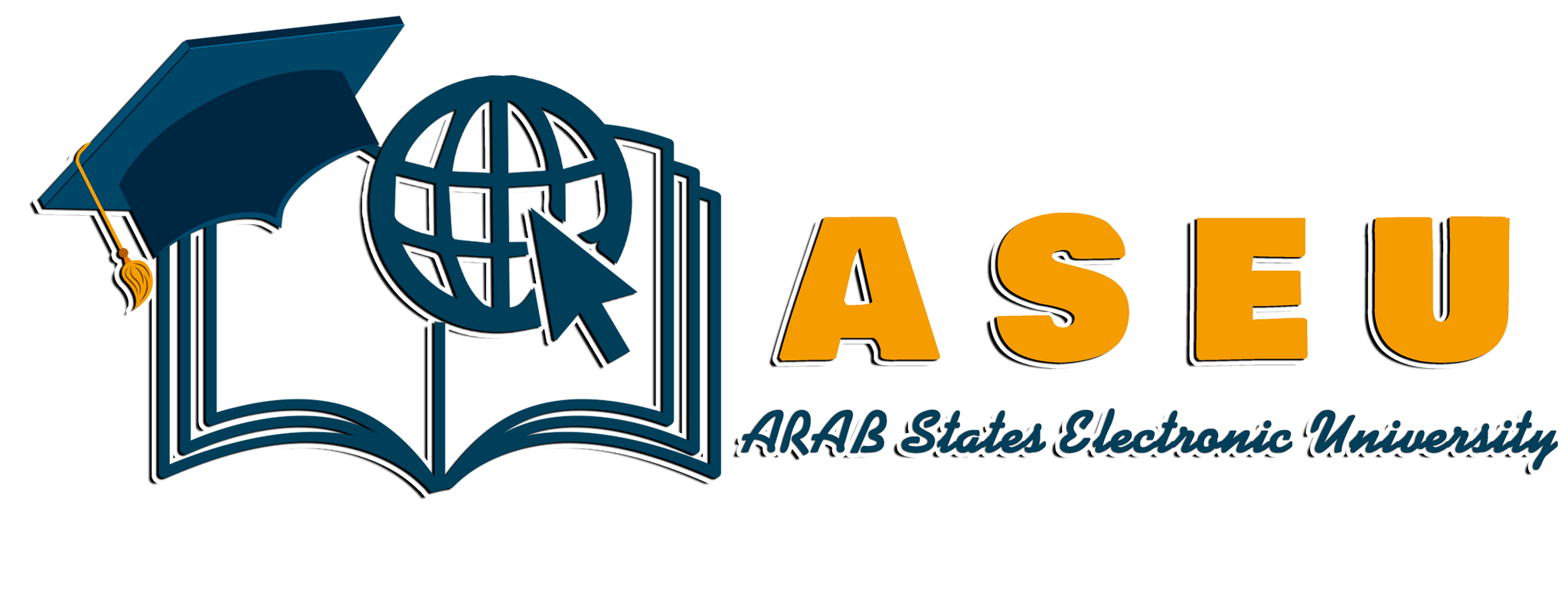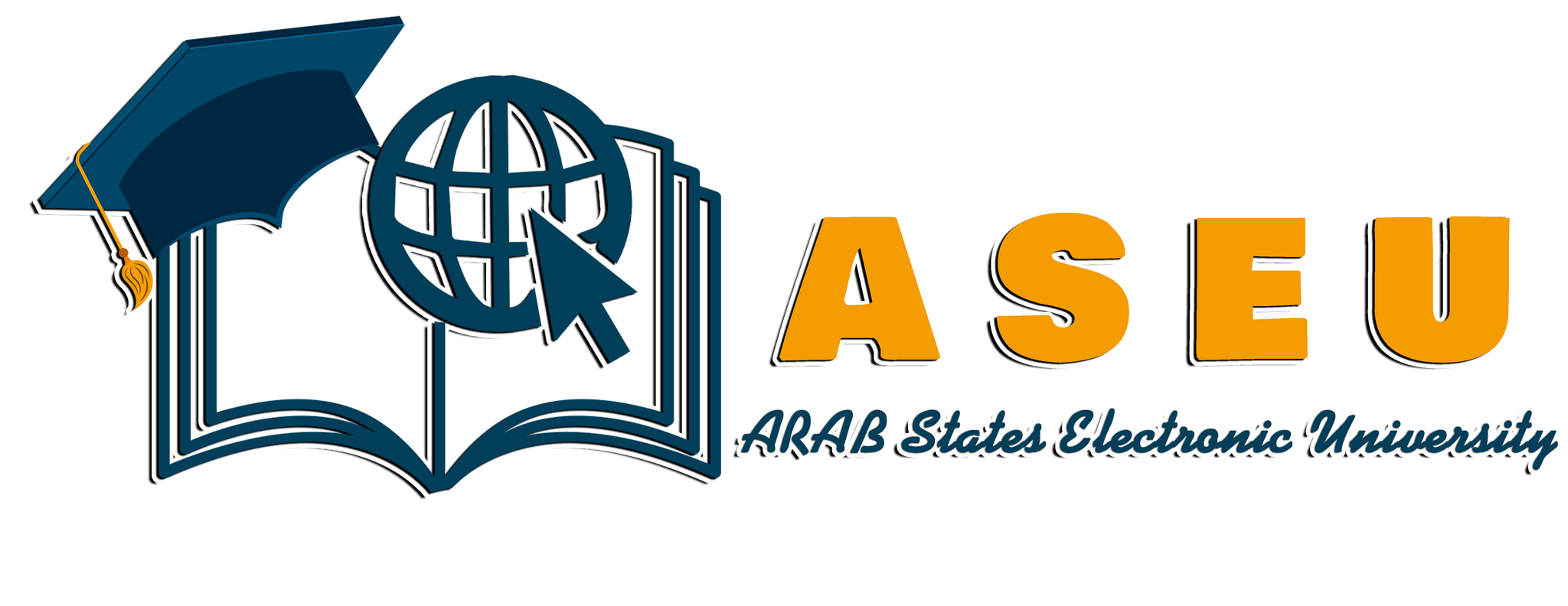While the demand for climate change consulting is surging globally, the market is not without significant and deeply structural challenges that can act as brakes on its growth and impact. A realistic assessment of the industry requires a clear understanding of the Climate Change Consulting Market Market Restraints that all stakeholders must confront. The most significant and persistent restraint is the profound and pervasive issue of "greenwashing" and the lack of standardized, globally accepted, and mandatory frameworks for climate-related reporting and disclosure. While a growing number of companies are making ambitious "net-zero" commitments, the definitions, the methodologies, and the level of rigor behind these commitments can vary dramatically. This lack of a clear and enforceable standard is a major restraint because it makes it very difficult for investors and the public to distinguish between the companies that are making genuine, science-based efforts and those that are engaging in "greenwashing"—making misleading or unsubstantiated claims about their environmental performance. This creates a "market for lemons" dynamic that can erode trust in the entire field and can devalue the work of both the truly committed companies and their expert consultants.
A second major restraint is the severe and worsening global shortage of the highly specialized, multi-disciplinary talent that is required to provide high-quality climate change advice. The ideal climate change consultant is a rare and valuable professional who needs to combine a deep, technical understanding of climate science, energy systems, and environmental engineering with a sharp business acumen, a strong grasp of corporate finance and risk management, and a nuanced understanding of a complex and fast-moving policy landscape. The global demand for individuals with this unique and complex skill set is exploding, and the supply from the world's educational institutions is lagging far behind. This talent scarcity is a major restraint for the consulting firms themselves, limiting their ability to scale their teams and to meet the surging demand from their clients. This human capital bottleneck is a critical operational risk and a significant brake on the overall market's potential growth rate.
Finally, the market is constrained by the significant and often paralyzing level of uncertainty that surrounds the future of both climate policy and climate technology. While the long-term direction of travel towards a low-carbon economy is clear, the specific path, the pace of the transition, and the ultimate winners and losers are all highly uncertain. This is a major restraint for businesses that are being asked to make massive, multi-decade capital investment decisions today. A company might be hesitant to invest billions of dollars in, for example, a new green hydrogen facility if they are uncertain about the future of government subsidies for that technology or the future price of carbon. This deep, structural uncertainty can lead to a state of "analysis paralysis," where companies will hire consultants to study a problem endlessly but will be reluctant to pull the trigger on the large-scale investments required for real transformation. This inherent uncertainty is a fundamental restraint that makes the role of the consultant as a "sense-maker" and a "de-risker" all the more critical, but it can also limit the ultimate impact of their work.
Top Trending Regional Reports -
Wireless And Mobile Backhaul Advanced Technologies And Market




